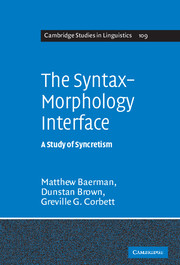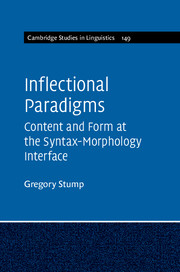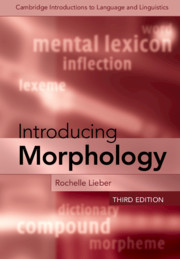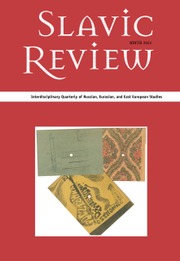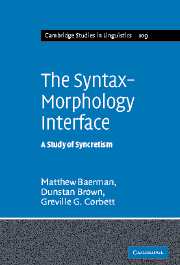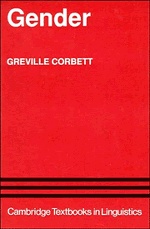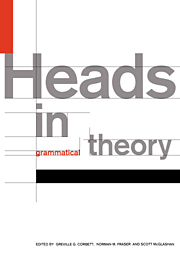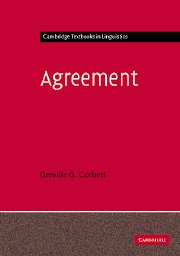Morphological Complexity
$31.99 (F)
Part of Cambridge Studies in Linguistics
- Authors:
- Matthew Baerman, University of Surrey
- Dunstan Brown, University of York
- Greville G. Corbett, University of Surrey
- Date Published: July 2023
- availability: Available
- format: Paperback
- isbn: 9781107543614
$
31.99
(F)
Paperback
Other available formats:
Hardback, eBook
Looking for an examination copy?
This title is not currently available for examination. However, if you are interested in the title for your course we can consider offering an examination copy. To register your interest please contact [email protected] providing details of the course you are teaching.
-
Inflectional morphology plays a paradoxical role in language. On the one hand it tells us useful things, for example that a noun is plural or a verb is in the past tense. On the other hand many languages get along perfectly well without it, so the baroquely ornamented forms we sometimes find come across as a gratuitous over-elaboration. This is especially apparent where the morphological structures operate at cross purposes to the general systems of meaning and function that govern a language, yielding inflection classes and arbitrarily configured paradigms. This is what we call morphological complexity. Manipulating the forms of words requires learning a whole new system of structures and relationships. This book confronts the typological challenge of characterising the wildly diverse sorts of morphological complexity we find in the languages of the world, offering both a unified descriptive framework and quantitative measures that can be applied to such heterogeneous systems.
Read more- Uses a much wider range of data than is usually discussed to demonstrate the impressive typological variation in the world's languages
- Clearly presents complex data using tables, careful glossing and helpful introductions to the less well-known languages
- Uses data drawn from an extensive empirical base, available on the associated website www.smg.surrey.ac.uk/complexity
Customer reviews
Not yet reviewed
Be the first to review
Review was not posted due to profanity
×Product details
- Date Published: July 2023
- format: Paperback
- isbn: 9781107543614
- length: 208 pages
- dimensions: 228 x 151 x 12 mm
- weight: 0.32kg
- contains: 5 b/w illus. 150 tables
- availability: Available
Table of Contents
1. Introduction
2. External typology of inflection classes
3. Features
4. Motivation
5. Conditions on paradigms
6. Paradigm structure
7. Lexicon and grammar
8. Morphological complexity and morphological autonomy
Appendix
References
Indices.
Sorry, this resource is locked
Please register or sign in to request access. If you are having problems accessing these resources please email [email protected]
Register Sign in» Proceed
You are now leaving the Cambridge University Press website. Your eBook purchase and download will be completed by our partner www.ebooks.com. Please see the permission section of the www.ebooks.com catalogue page for details of the print & copy limits on our eBooks.
Continue ×Are you sure you want to delete your account?
This cannot be undone.
Thank you for your feedback which will help us improve our service.
If you requested a response, we will make sure to get back to you shortly.
×

